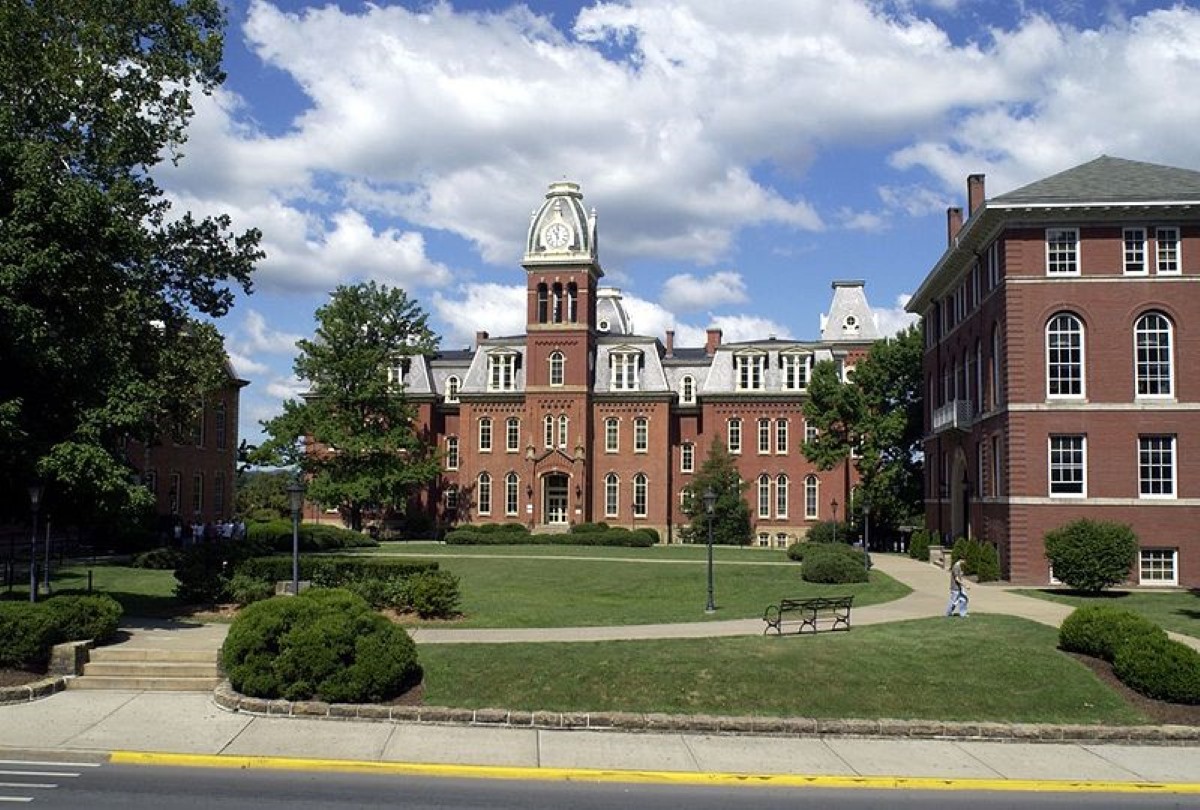The West Virginia University Board of Governors has approved a reduced budget for 2024.
In April, West Virginia University announced it was estimating a budget deficit of $45 million for the coming year.
Friday morning the university’s Board of Governors approved an estimated $1.2 billion budget for fiscal year 2024.
The fiscal plan contains an estimated $33 million in increased revenues, including one-time-use resources from the WVU Foundation, and tuition and fees increases of about 3 percent.
The plan also requires reduced expenses totaling nearly $10 million, $7 million of which comes from a reduction in the number of employees.
Marty Becker, chairman of the board, said further cuts will be necessary moving forward.
“(The) university anticipates that it will need to reduce expenses by another $24 million, approximately, in additional, permanent reductions for fiscal year 25. So a two-step process over that period,” he said.
The board also endorsed the recently announced merger of the Reed College of Media with the College of Creative Arts. The merger comes as WVU Provost Maryanne Reed announced that several academic programs at the university are being reviewed.
“We are working with our consultant, the RPK group, to help us identify the programs of concern that have either small enrollments, declines in enrollments, declines in net revenue or in some cases challenges in all three areas,” she said.
The full list of programs tagged for further review is set to be released the week of July 10, along with data, analysis and details on the decision-making process.
WVU Tech in Beckley and Potomac State College in Keyser will follow a separate timeline and process, according to Reed.
